10 Common Myths About Young Children-Debunked
Becoming a parent for the first time is an incredible journey, but it can also feel completely overwhelming. Between Google searches, advice from well-meaning friends and relatives, and endless parenting content on social media, it can be hard to know what’s true and what’s just a myth dressed up as fact.
At KatieB Kids, we know how important it is to feel informed and empowered in your parenting choices. That’s why we’ve put together this myth-busting blog to help you separate fact from fiction when it comes to caring for and understanding young children.
Let’s explore the most common myths we encounter- and uncover the truth behind them.
1. Babies don’t need outdoor time.
False
Even tiny babies benefit from fresh air. Outdoor time boosts their mood, helps regulate sleep patterns by aligning their body clock with natural light, supports immune function, and nurtures a love for the natural world from the very beginning.
2. Baby walkers help babies walk sooner.
False
Contrary to popular belief, baby walkers don’t teach children to walk- and they can even delay walking milestones. According to the NHS, walkers can lead to toe-walking or poor posture. Free movement on the floor is much better for developing strength and coordination.
3. Wearing shoes helps babies learn to walk.
False
Being barefoot is actually best when learning to walk! It helps develop balance, coordination, strong muscles, and body awareness (also known as proprioception). While shoes are needed outdoors for safety and warmth, let your child explore barefoot as much as possible indoors.
4. Teething causes a high temperature.
True and False
Teething may cause a mild rise in temperature (up to 38°C), but anything higher usually signals an underlying infection or virus. At KatieB Kids, we follow NHS guidance: which is why children with a temperature of 38°C or more need to be collected to ensure they get the rest and care they need.
5. You should remove layers to cool a child with a high temperature.
False
It’s a common misconception, but the NHS advises against undressing or sponging children down. A raised temperature is the body’s natural response to fighting off infection. Instead, keep your child comfortably dressed and hydrated.
6. Going outside in cold or rainy weather will make children ill.
False
In fact, spending time outdoors boosts children's immune systems. Being outside exposes children to a variety of natural microbes that help train their immune systems. Add to that the benefits of physical activity and fresh air, and you’ve got a recipe for better overall health and resilience.
7. If a child has a wet or soiled accident, they’re not ready for potty training.
False
Accidents are a completely normal part of learning! They help children begin to connect the sensations in their body with the need to use the toilet. If accidents are frequent and the child seems unaware, it might be worth pausing and trying again later. Check out our Potty Training blog for more support.
8. If you have English as an additional language, you should speak only English at home to help your child learn the language.
False
Using your home language helps build a strong language foundation, supports cultural identity, and keeps communication flowing within your family. Children growing up with multiple languages may take longer to speak English fluently but, once they do, they often become confident multilingual communicators with long-term cognitive benefits.
9. Children should know how to read and write before leaving preschool.
False
What’s more important at this stage is building foundational skills- like developing an interest in books, recognising that print carries meaning, and beginning to form some letters. According to Development Matters, these early skills make the transition to school much smoother and more successful.
10. Children need lots of fancy ‘educational’ toys to learn.
False
At KatieB Kids we champion loose parts and heuristic play- using everyday objects to spark creativity and problem-solving. Things like kitchen utensils, fabric scraps, cardboard tubes, and natural treasures like pinecones are all amazing learning tools. Expensive toys are not essential- curiosity and imagination are the real ingredients for learning!
Still unsure? We’re here for you.
At KatieB Kids, we believe that parenting is a journey best taken with support, encouragement, and community. If you ever have questions, whether they’re about development, routines, or anything in between, our experienced team is always happy to chat and share our knowledge.
You’re not alone in this, and there’s no such thing as a ‘perfect’ parent- just a caring one doing their best, with a little help along the way!

